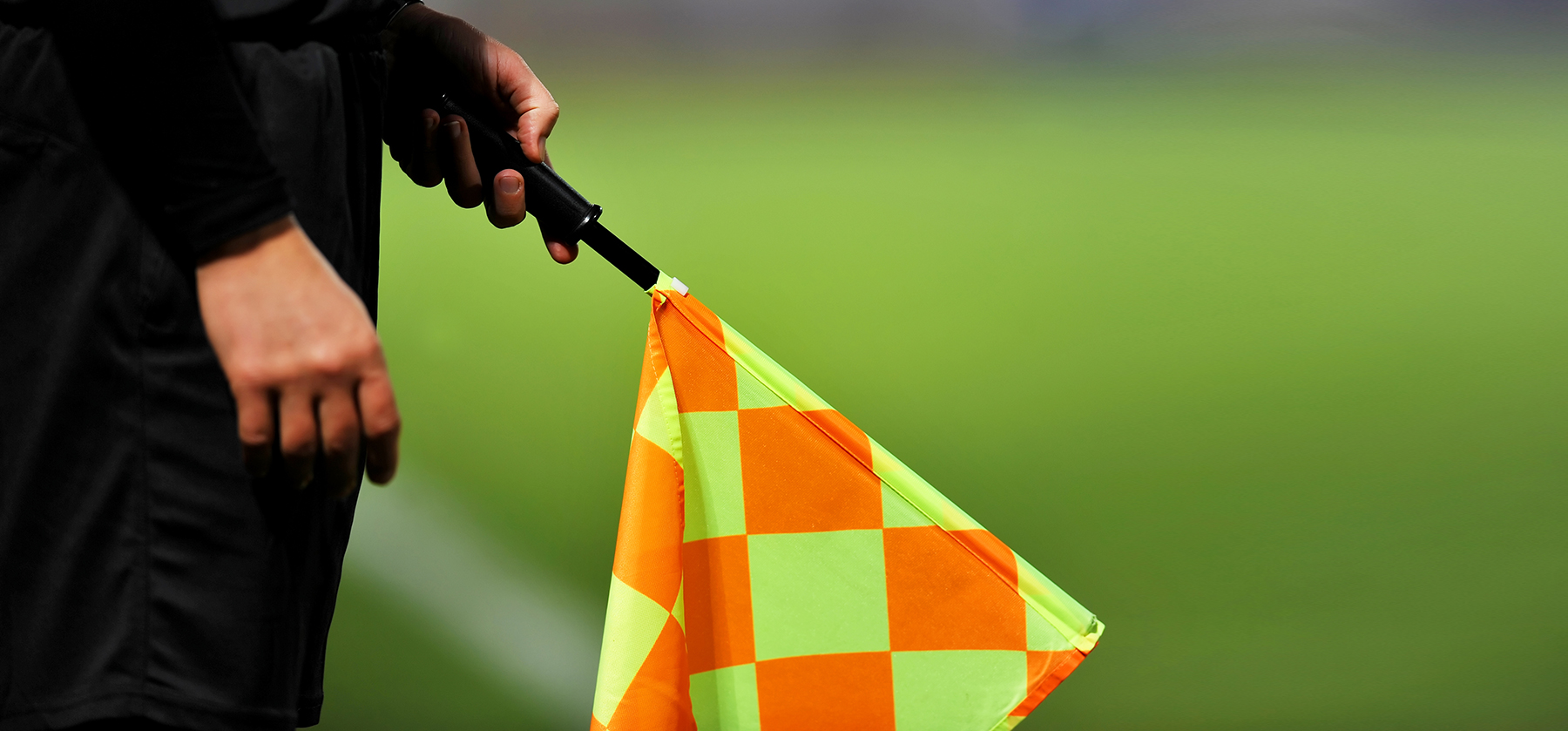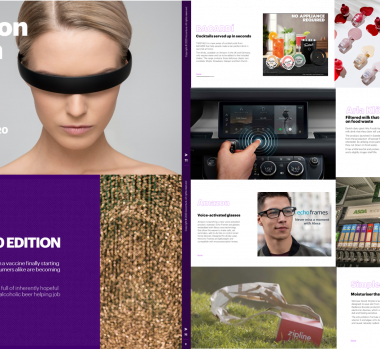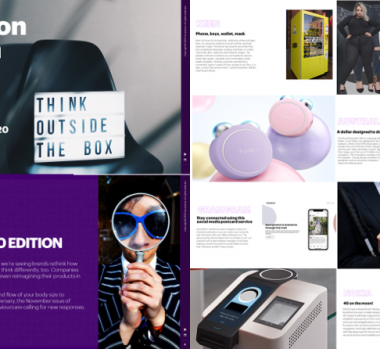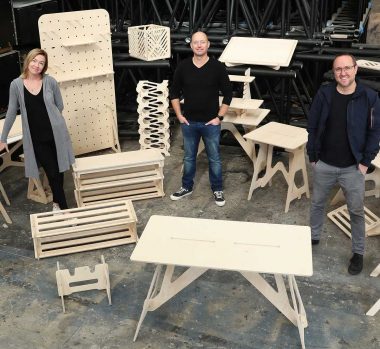VAR: The Star of the Innovation World Cup
One of the most memorable challenges I faced in my former role as a teacher was on the school football pitch. Whilst refereeing a closely-fought North London under 11s cup game, a member of my team was tackled in the opposition box. Parents, students and staff rose in unison, each convinced the incident was a penalty/fair tackle/dive/coming together/definite red card sir.
I had no idea what the right decision was, so, somewhat sheepishly, blew the whistle and pointed to the spot.
Similar mishaps have played out in the (marginally higher stakes) World Cup arena. English football fans will fondly remember Graham Poll’s gaffe in 2006, where he gave the same Croatian player three yellow cards, and less fondly remember Frank Lampard’s ‘ghost’ goal against Germany in 2010.
With some justification, FIFA is not widely thought of as an innovative institution. But their implementation of the most recent addition to the referee’s toolkit, Video Assistant Referee (VAR), is a departure from this.
If you’ve not yet seen it, the six VAR officials – in full referee kit, no less – monitor replays of the game and have the power to help on-field referees clarify or overturn decisions. It’s still in its infancy and not without its critics (sartorial choices aside).
Interestingly though, it’s underpinned by an innovative approach central to how we work with our clients; adopted through an experimental, iterative methodology, permitting referees to be vulnerable and fail and fusing the right human behaviours with technology:
Test small then scale.
The first version of a good experiment occurs in a low cost, low stakes environment. Prior to gracing the world’s biggest stage, FIFA experimented with VAR in under-20 tournaments, followed by different leagues across Europe. This has enabled them to iron out issues and train referees how to use it effectively before the spotlight of the World Cup. For example, before Russia the process felt clandestine; fans spectating games were left in the dark as referees reviewed video evidence. Now, the footage is shared on big screens to help officials show their working.
Ongoing iteration.
Even after its curtain raiser on the world stage, there remains a willingness to accept the current model isn’t perfect and needs adaptation. Chairman of the referees committee, Pierluigi Collina said last week; “it’s impossible to be right from the start. We intervened and fine-tuned.” Like a digital product owner, FIFA is collecting data on the effectiveness of its system, prioritising issues and overseeing tweaks for the next stages of the tournament. VAR 2.0 will be monitoring shirt pulling at corners more rigorously, for example.
Permission to be vulnerable and fail.
We talk to our clients about the importance of vulnerability in the innovation process; how it’s okay to admit you don’t have all the answers and might get things wrong. VAR gives permission for referees to do this, enabling them to concede they’re not sure, without reprisal. This encourages a learner mindset, more empowered referees and better calls in high pressure moments.
Fusing behaviour and technology.
Often technology is seen as a panacea to our problems, but as VAR has demonstrated, even cutting-edge gadgetry can be poorly implemented. This doesn’t mean the technology is flawed – just as CCTV is not to blame for burglary – rather shows how systems need the right capability to work. For genuine and wholesale improvement, technological solutions need to be anchored with training and expertise, or they’re like a Ferrari driven by a toddler.
Whilst it’s easy to argue FIFA has lagged way behind other sports who utilise technology, their experimental approach with VAR is improving how the game is run. And it’s the fans of the game that ultimately benefit – VAR interventions at the current World Cup mean officials have made the right call 99.3% of the time – up from 95% without the technology.
It’s results like this which underline our belief in experimental innovation and the impact it has on our clients. As Collina says, ‘I think you would agree that 99.3% is very close to perfection’.
If only I’d had access to the system for that fateful penalty decision in the North London cup all those years ago.
Get in touch


